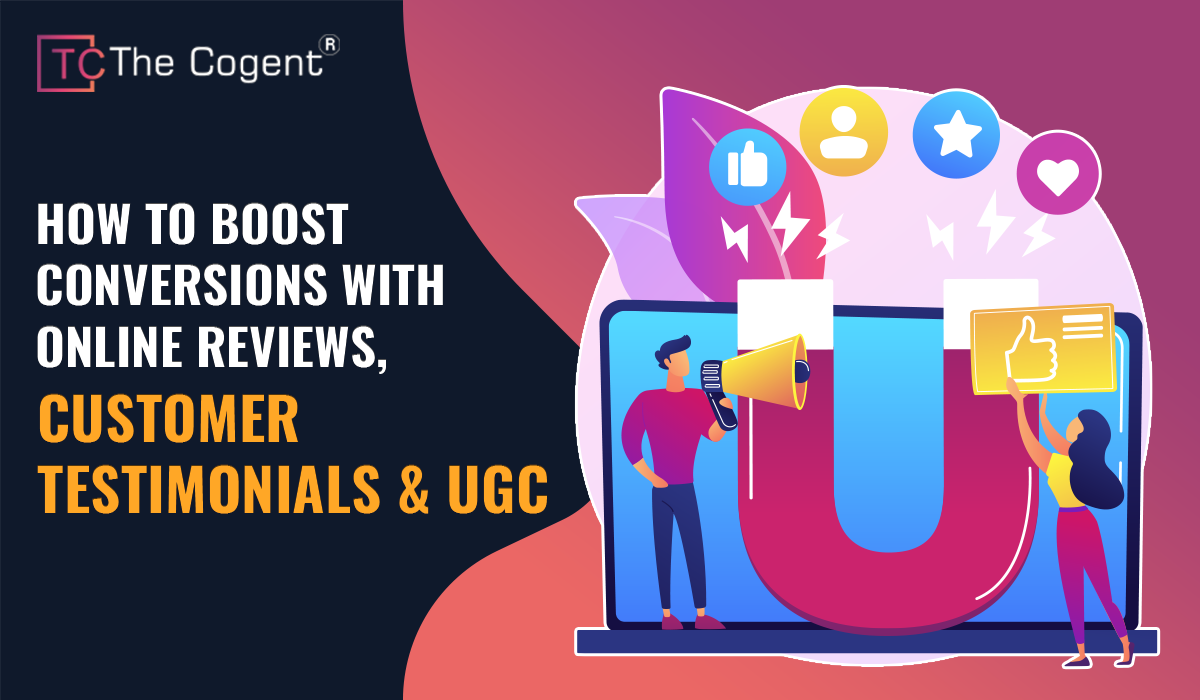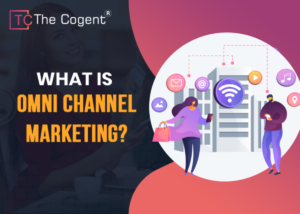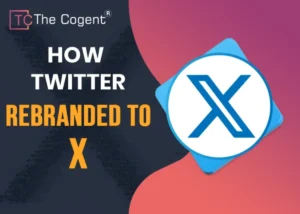In the modern context, people rely on social validation. It means they rely on the practices of others to determine their own action. It doesn’t matter if the content is a positive review, a genuine testimonial, or a captivating example of UGC, social proof makes people embrace it in a way never seen before.
This blog showcases you how you can increase business conversions. Be it through effective use of online reviews, customer testimonials or UGC. Let’s dive in!
The Power of Social Proof in Digital Marketing
Social proof means people trust other people’s experiences. And then base their actions on others’ actions. It implies that customers place more value on word of mouth. Statistics reveal the undeniable influence of social proof:
● According to research 93% of the consumers influences by online reviews.
● Thus consumers are 2.4 times more likely to consider UGC as more believable than branded content.
From the psychological perspective, people believe in UGC and testimonials as friends’ recommendations. Hence, it does not allow you to doubt the words of the brand.
Leveraging Online Reviews to Drive Conversions
Not only do online reviews create trust, they also position the brand in a big way. Positive reviews:
● Enhance credibility levels among many possible consumers.
● Optimize your businesses that accept many reviews and show high ratings on top.
Here comes some online reviews types:
● Google Reviews: Essential for local Search Engine Optimization. It gains the confidence of the people.
● Third-party Platforms: Another interesting layer of credibility is availability of platforms like Yelp.
● On-site Reviews: Direct customer feedback on your sites builds confidence in the buyers.
Follow these tips to display reviews:
● Encourage Customers: Satisfied customers are requested to leave feedback through emails.
● Simplify the Process: Include direct links to your review pages.
● Showcase Reviews: Emphasize positive feedback on product pages, homepages and ads. As, those shape consumer’s buying decisions.
Using Customer Testimonials to Build Trust
Customer references involve customer testimonials that emphasise on a given product or service. This can include a text statement or a video or a detailed case study. Let’s delve into types of testimonials:
● Written Testimonials: Gathered in understandable format and simple to insert in web sites.
● Video Testimonials: More interactive and eye-catching, a better way of getting the point.
● Case Studies: Longer tales of customers’ using products and services.
Here are some best practices that you need to collect while using testimonials.
● Ask Directly: Always ask for references from satisfied customers. And, immediately after a positive experience with a marketing expert.
● Keep it Authentic: Real-life examples rather than paid examples for it are inspiring.
● Strategic Placement: Keep audience on most visited part of your site, like homepage.
The Role of User-Generated Content (UGC) in Boosting Conversions
The important point to understand is that UGC encompasses any customer’s content. It includes social media posts, videos, or photos. It is very powerful because it is genuine, and could be a part of anyone’s life.
● Authenticity: Consumers for UGC since it’s not developed by companies but by other people in the society.
● Engagement: It also fosters interaction and helps to enhance customer-brand interaction.
Here comes some points to encourage UGC:
● Create Branded Hashtags: Engage customers to use your brand in their posts.
● Run Contests: Promote submission of UGC’s through incentives offering. It includes coupon discounts or free items.
● Repost UGC: Include in your social media and website customers’ content creations.
Leverage UGC for Better Conversions in:
● Product Pages: Share some of the UGC to the audiences. So they can have an instance of how they put in place the products that you sell.
● Social Media Ads: Use only real users’ images and captions in paid advertisements for increased audience relevance.
● Email Campaigns: Recommended to include UGC in newsletters. It increase trust and buy products.
How to Measure the Impact of Reviews, Testimonials, and UGC on Conversions
To gauge the effectiveness of social proof:
● Conversion Rates: Track the level of engagement a visitor makes after noticing reviews.
● Bounce Rates: There is a direct correlation that lower bounce rates.
● Customer Acquisition Cost (CAC): Low CAC means that effective social proof strategies.
Here are measuring and evaluation Instruments:
● Google Analytics: Measure the website use and the resultant conversion.
● Review Management Tools: Sites such as Trustpilot and others allow tracking the reviews.
● Social Media Insights: Track the number of people who are interacting with your post. The general activity in your post or the response rate of audiences to your post.
Try to review trends over time to discover spaces that potential upgrades. Besides this, respond to client’s complaints, and enhance your products.
Tips to Optimize Your Review, Testimonial, and UGC Strategy
● Simplify the Process: It is crucial to make customers to leave a review or share their UGC. When designing a website, it is necessary to state how it is done, or to provide special forms.
● Respond to Reviews: Respond to both positive and negative feedback, as it is important.
● Highlight Positive Feedback: To ensure that your marketing campaigns stand out, use reviews. And, try and convince your potential clients.
● Integrate UGC Across Channels: Use UGC on your website, in social networks, and in emails.
Real-Life Case Studies of Brands That Increased Conversions with Social Proof
Case Study 1: Using Reviews to Build Trust
A small e-commerce brand testified that adding Google reviews to home page improves their sales by 30%,. Thus, enabling customers seeking services due to good reviews on the search engine.
Case Study 2: Leveraging UGC for Engagement
For instance, a fitness apparel company reposting customers pictures who wore their clothing. This led to increment in the number of social media interactions by 40% as well as sales.
Case Study 3: Video testimonials for prospects’ conversion
An instance is a software company that produced a set of videos. And, that captures success stories of their customers. Thus, resulting in an improvement in their lead-to-customer conversion from 25%.
Conclusion
Testimonials, customer reviews, and UGC are tools that assist in changing your business’s conversion rate. When you include social proof into your marketing system, it helps you to develop trust. And, allows you to stablish a positive relation with customers. So, request for reviews, collect testimonials, and share UGC to enhance your brand. Ready to get started?
Read More: The Power of Brand Visibility: What It Is and How to Achieve It
Faq’s
They build strong trust and enhance SEO that effectively impacts buyer’s decisions.
Testimonials add credibility and also reassures target customers regarding your product’s quality.
UGC serves as authentic content that is created by users and it enhances engagement and trust.
Process simplification and actively interacting with your community.
Track conversion rates along with engagement metrics with help of Google Analytics.



